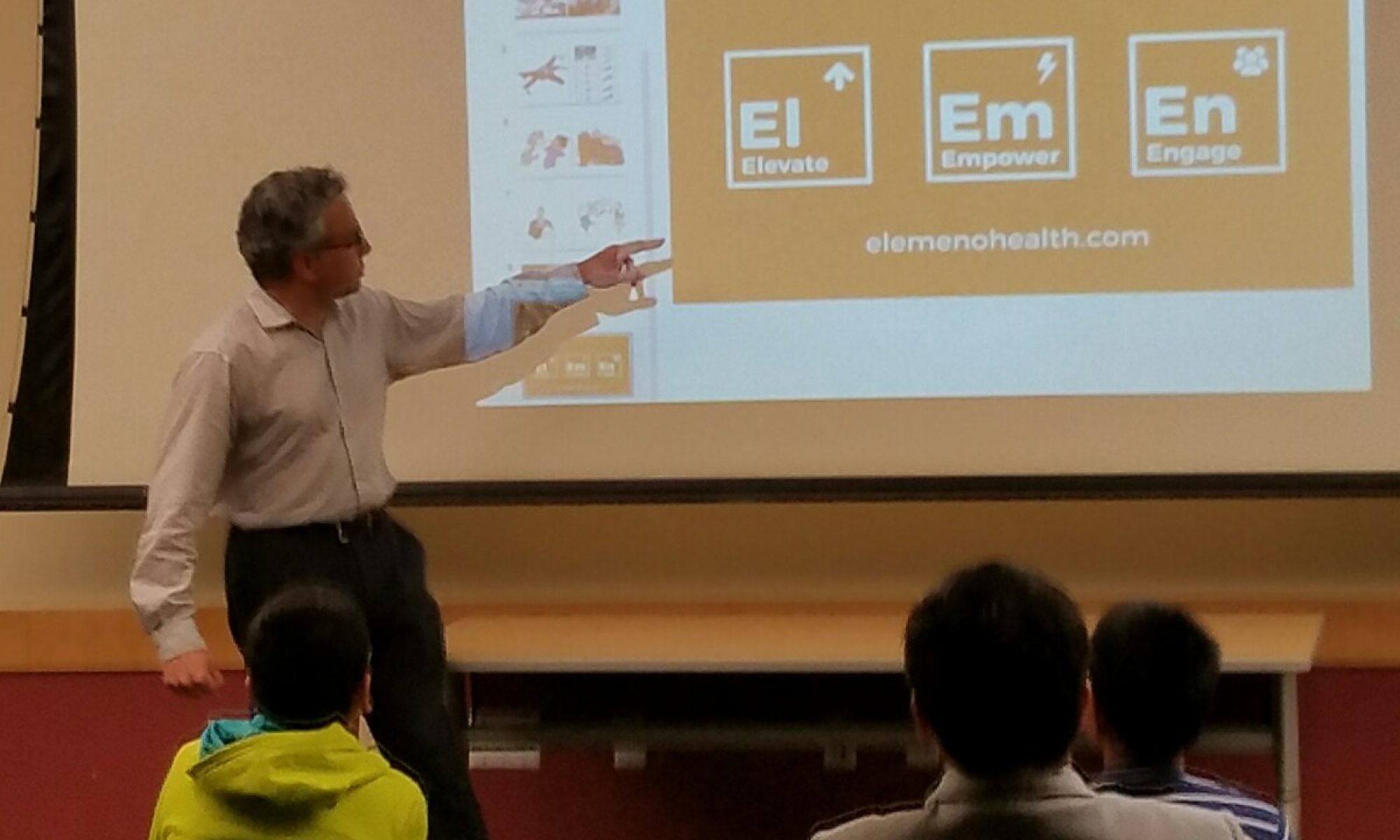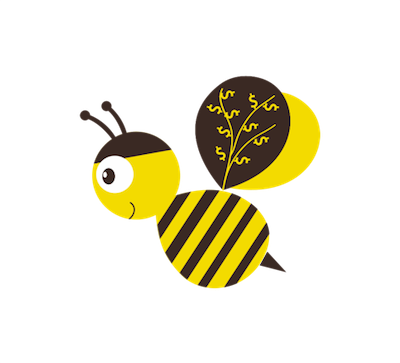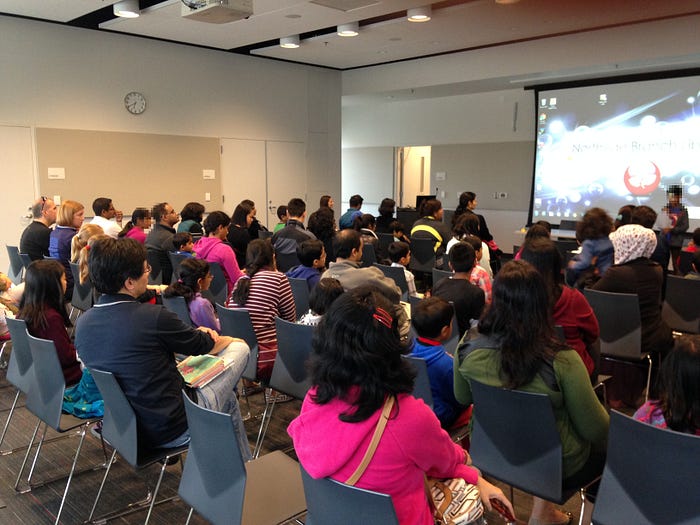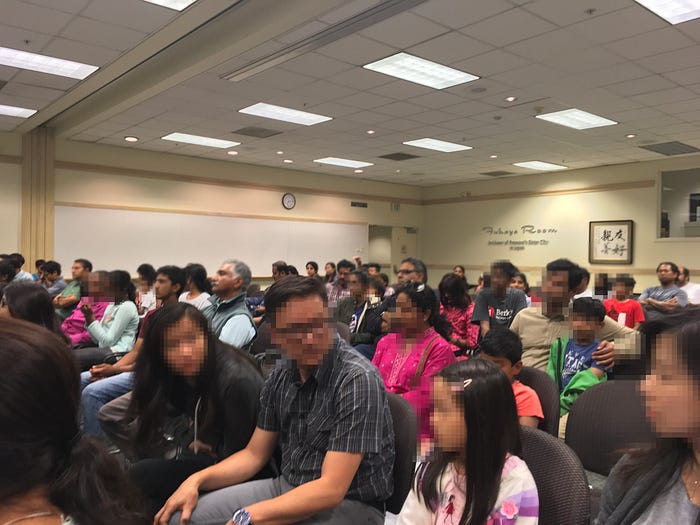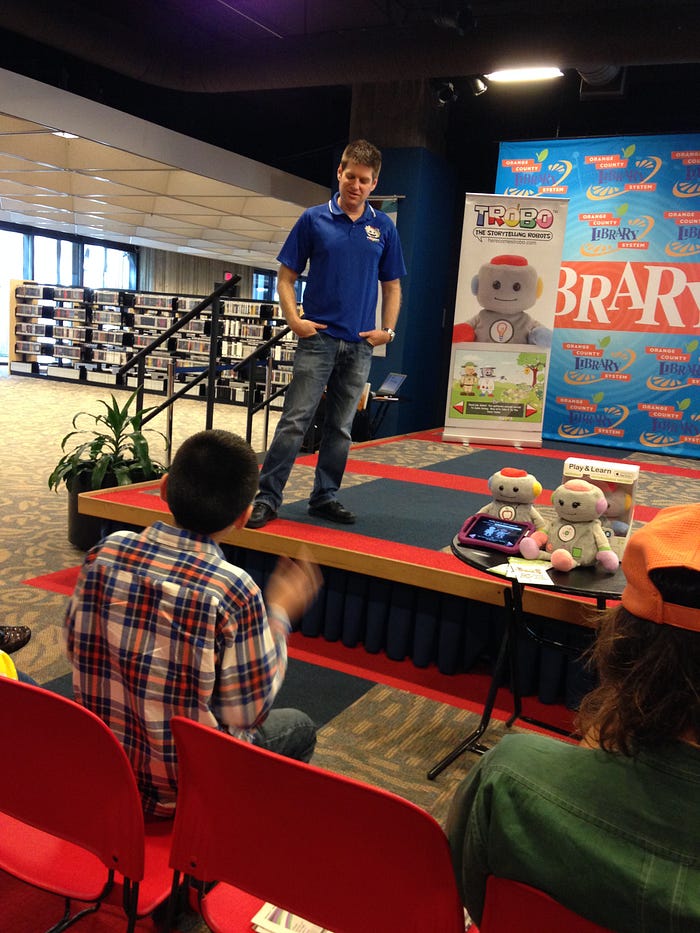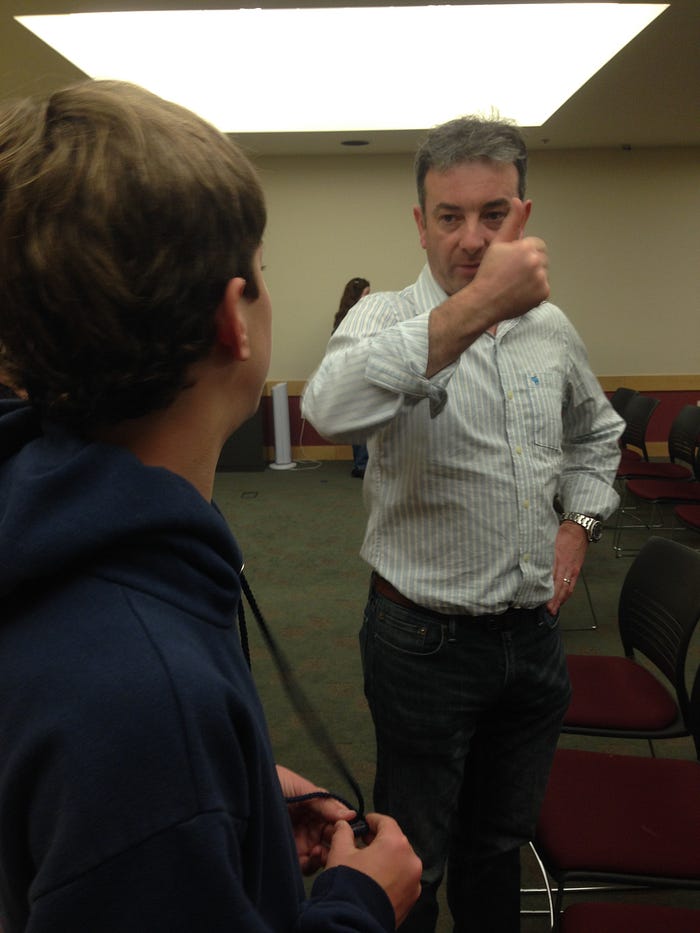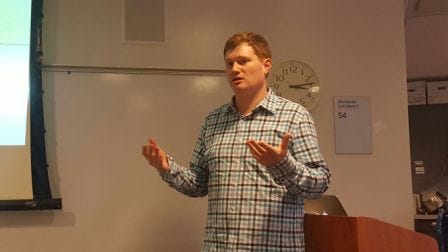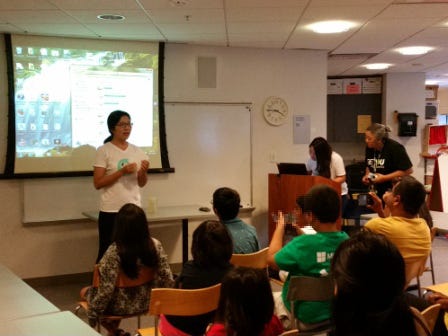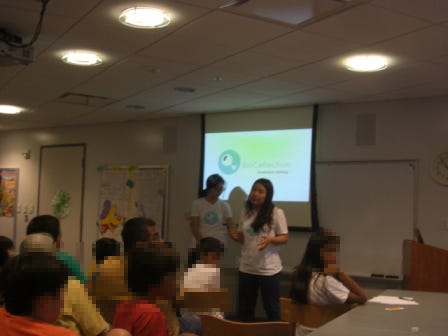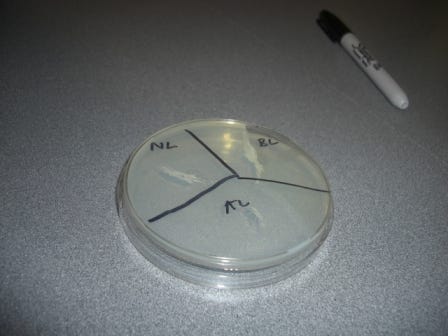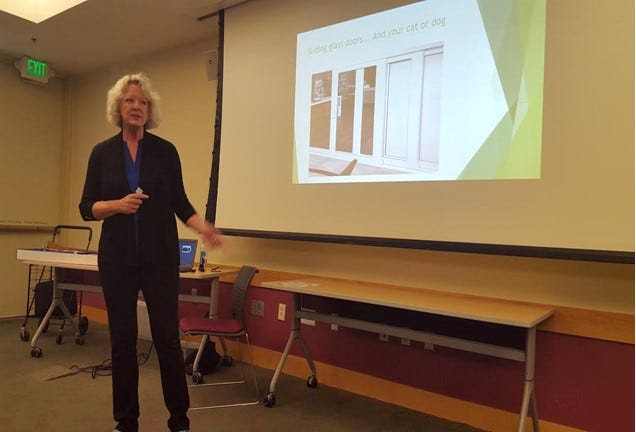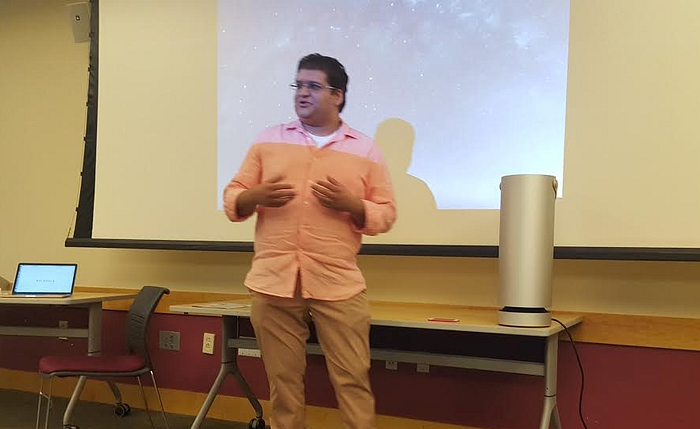July 17, 2018
Can a TV show inspire an educational activity?
We know kids who love to watch ‘Dog With A Blog’, a Disney TV series about a dog Stan, who can speak English and also type — a dog that documents his life — on a blog. Would it then be a challenge getting the kids who know about such TV shows to use writing as an exercise in reflection?
We decided we would find out if kids would care to write a blog post and also enjoy it.
We dovetailed a specially designed blogging activity to a coursework that we are testing out through a recent workshop of AlligatorZone Academy. Part of the goal of the coursework is to help kids try to understand how product marketers and startup CEOs think and communicate to sell.
Success in any field depends on one’s skills at selling. Unless one has retired and moved to a remote island or to a monastery off-the-grid, we are all on sales-mode, trying to selling something or some idea to someone. Whether it is trying to get an A in a school paper with that extra question answered to impress the grader, or whether it is convincing a parent to go watch a movie with them, or if it is writing out that wish-list for the next holiday season, kids intuitively understand how to negotiate and get what they want.
Last summer, VC Kanwal Rekhi suddenly remembered one thing he wished that he had covered in his talk the previous evening to entrepreneurs — that he considers ‘selling’ as the number one skill an entrepreneur must have. I captured it in his own words on video at a lunch meeting the next day and shared it with others (watch the clip below).
Our focus at the Academy’s recent beta workshop has been to help kids understand how entrepreneurs use communication to get things done — and get them done in a cost-efficient manner. I was pleasantly surprised when some of the kids mentioned blogging as one of the highlights of their recent workshop experience.
It probably helped that the kids were already familiar with the concept of blogging. I am told that ‘Dog with a Blog’ is quite popular among elementary-school kids. Perhaps, blogs aren’t just for Stan, the communicator dog from the TV show, after all. However, only time will tell if those students who were excited to write their first blog post will learn how to continue to retain and rekindle that excitement repeatedly, and take their audiences along with them on their journey, while honing their written communication skills.
The writer, Ramesh Sambasivan is the cofounder of AlligatorZone, and a designer of B2B marketing programs with an eye on social-impact to help enterprises that want to grow while giving. This essay documents his firm’s recent effort in designing a curriculum for AlligatorZone Academy to prepare kids for careers that do not yet exist, created at the request of parents seeking a structured alternative learning environment for their school-age kids. Premium programs of the Academy are expected to help make AlligatorZone’s free event-program self-sustaining.
